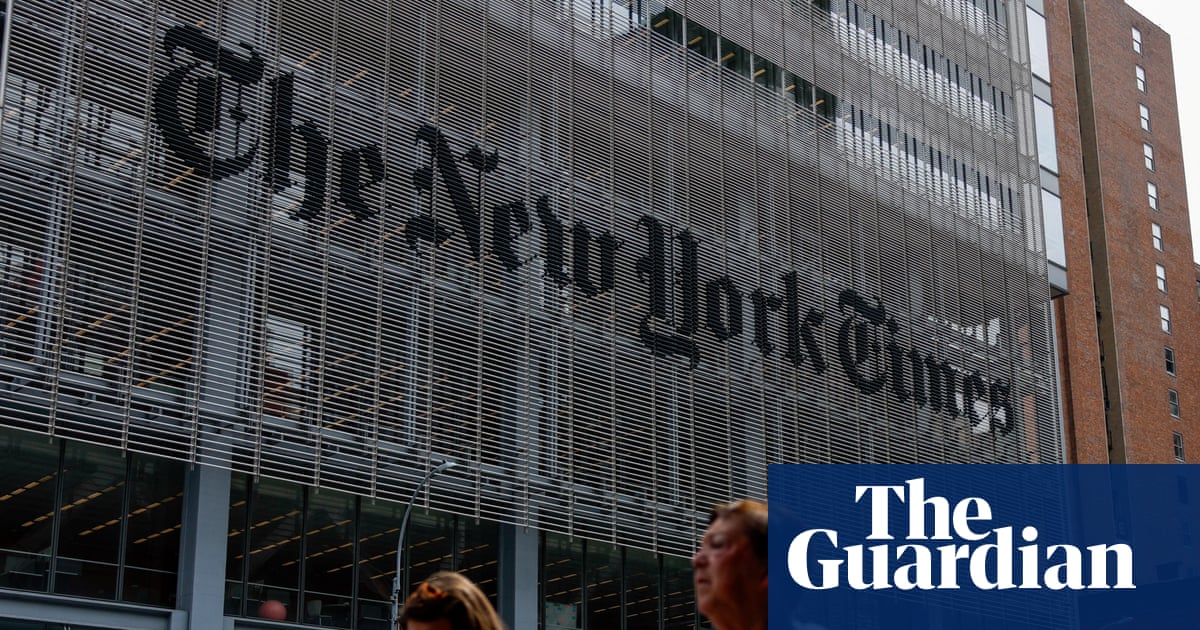The government is to slash green levies on thousands of businesses, in an effort to bring down sky-high energy costs for firms and boost the manufacturing sector in Labour heartlands.
The measure is a key plank of the long-awaited industrial strategy, a 10-year plan to boost sectors ranging from the creative industries to manufacturing.
More than 7,000 businesses could have their energy bills reduced as the government removes levies such as the renewables obligation, which funds continuing commitments to earlier renewable electricity generation projects.
It will come alongside a parallel policy, reported in the Guardian last week, aimed at helping particularly electricity-intensive industries such as the beleaguered steel sector.
This will involve increasing the discount on the fees that energy-intensive firms pay to connect to the grid to 90%, up from 60%.
Industry sources told the Guardian last week that, while the policy was welcome, the overall saving for steel is expected only to be worth about £15m a year.
However, the discount is also anticipated to help about 500 businesses in other industries, including aluminium, ceramics and glass.
British manufacturers have long complained of having to grapple with some of the highest electricity prices in the developed world, as well as delays in connecting to the grid, a particular concern in the tech sector.
There will be new systems put in place for major investment projects that create significant numbers of jobs to have faster grid access, expected to be in place before the end of the year.
Announcing the plan, the prime minister, Keir Starmer, said he hoped it would be “a turning point for Britain’s economy and a clear break from the short-termism and sticking plasters of the past.
“In an era of global economic instability, it delivers the long-term certainty and direction British businesses need to invest, innovate and create good jobs that put more money in people’s pockets as part of the plan for change.”
The chancellor, Rachel Reeves, said the strategy would complement the spending review, which prioritised investment in infrastructure and industry. “It’ll see billions of pounds for investment and cutting-edge tech, ease energy costs and upskill the nation. It will ensure the industries that make Britain great can thrive,” she said. “It will boost our economy and create jobs that put more money in people’s pockets.”
The government said the reforms would not directly cost the taxpayer anything or lead to an increase in household bills, but would be funded through reforms to the energy system.
after newsletter promotion
Energy costs are likely to remain significantly higher than in Germany and France, chiefly because UK electricity prices are linked to the cost of wholesale gas, which is a larger part of the British energy mix than on the continent.
Key to the plan is the proposed linking of the UK’s emissions trading scheme with that of the EU, announced in May at a joint summit in London, though negotiations about the UK’s entry into that carbon market are still not concluded.
The strategy on Monday is expected to focus on eight sectors where the UK has potential for fast growth: advanced manufacturing, clean energy, creative industries, defence, digital, financial services, life sciences and professional services.
The Confederation of British Industry’s chief executive, Rain Newton-Smith, praised the strategy, saying “competitive energy prices, fast-tracked planning decisions and backing innovation will provide a bedrock for growth. But the global race to attract investment will require a laser-like and unwavering focus on the UK’s overall competitiveness.”
Stephen Phipson, the chief executive of the manufacturers’ organisation Make UK, said the strategy was a “giant and much-needed step forward”, saying there had long been frustration in the sector at the skills crisis, crippling energy costs and difficulty in accessing capital.
“The strategy announced today sets out plans to address all three of these structural failings,” he said. “Clearly there is much to do as we move towards implementation, but this will send a message across the country and around the world that Britain is back in business.”

 2 months ago
54
2 months ago
54

















































